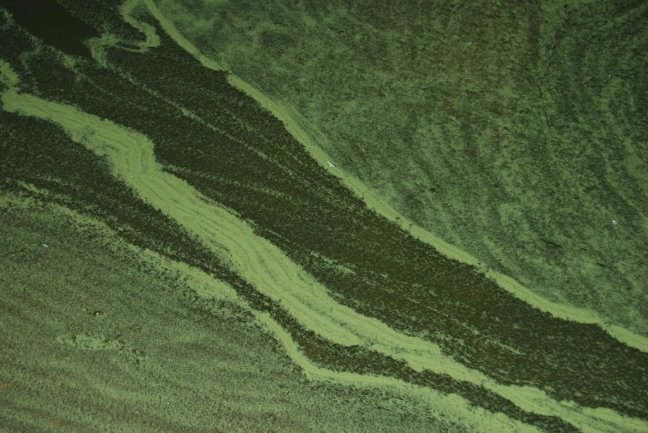This is part of a series: Define Life
In my previous post, I tried to make a more precise definition of life. Now, I’ll list some practical ramifications of it.

This is part of a series: Define Life
In my previous post, I tried to make a more precise definition of life. Now, I’ll list some practical ramifications of it.

This is part of a series: Define Life
As recently as 150 years ago, one of the most common scientific views of life was Vitalism. This view says that there’s something special about living things that distinguishes them from non-life, and causes them to do things and make substances that are found nowhere in nature. That “something”, they said, was its life force.
As scientists began to discover the chemical makeup of life, this view fell into disfavor. Today, if someone calls a biologist a vitalist, he usually means it as an insult.
In its place, most scientists now believe in a form of physicalism, which says that life is a machine. Furthermore, they tend to focus on the individual parts of living things much more than the whole. For example, it’s common to hear about someone discovering a gene that causes a disease or disorder, such as the most common type of mental retardation. But it’s much less common to hear about someone discovering exactly how and why that gene has its effect.
How did this happen? There were 2 main causes:

This is part of a series: Define Life
I found an interesting view on what life is: Life is a Process, Not a Thing – The Mantle. In it, JoJo Brisendine argues that life is best understood not as a system that copies and spreads a particular strand of DNA, but as a system that neutralizes free energy.
It’s a reductionist view that emphasizes the flow of energy in living things above all, and says that every other part and phenomenon related to life is a natural result of that process. It’s a reaction against 2 other views: